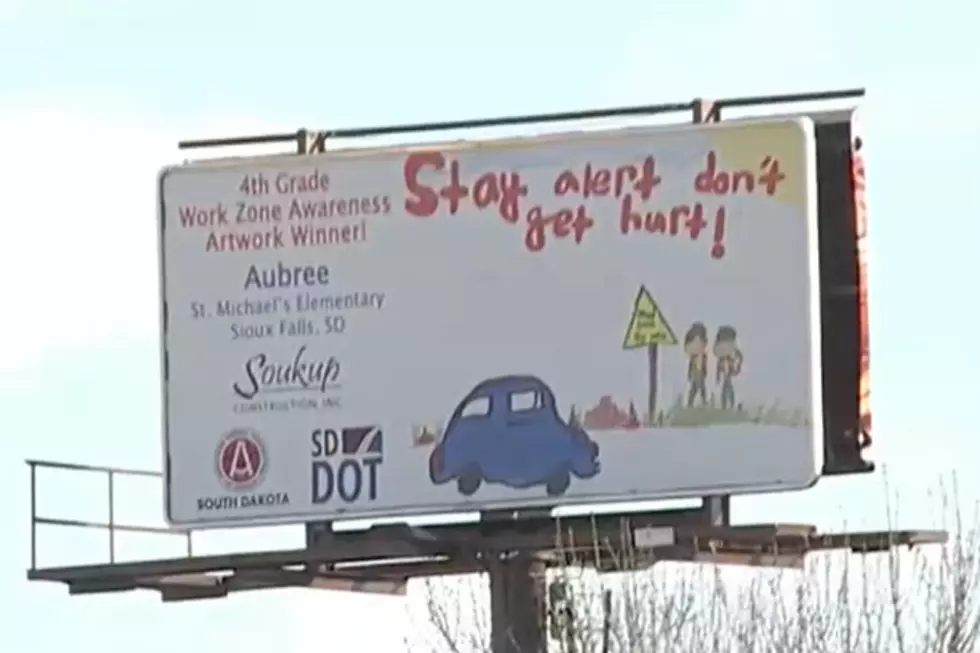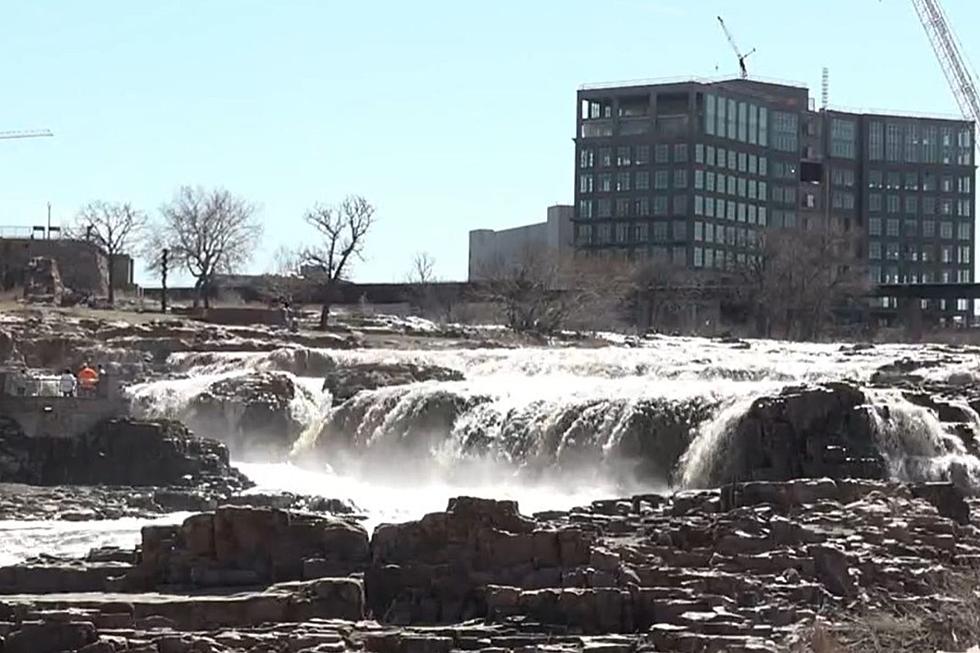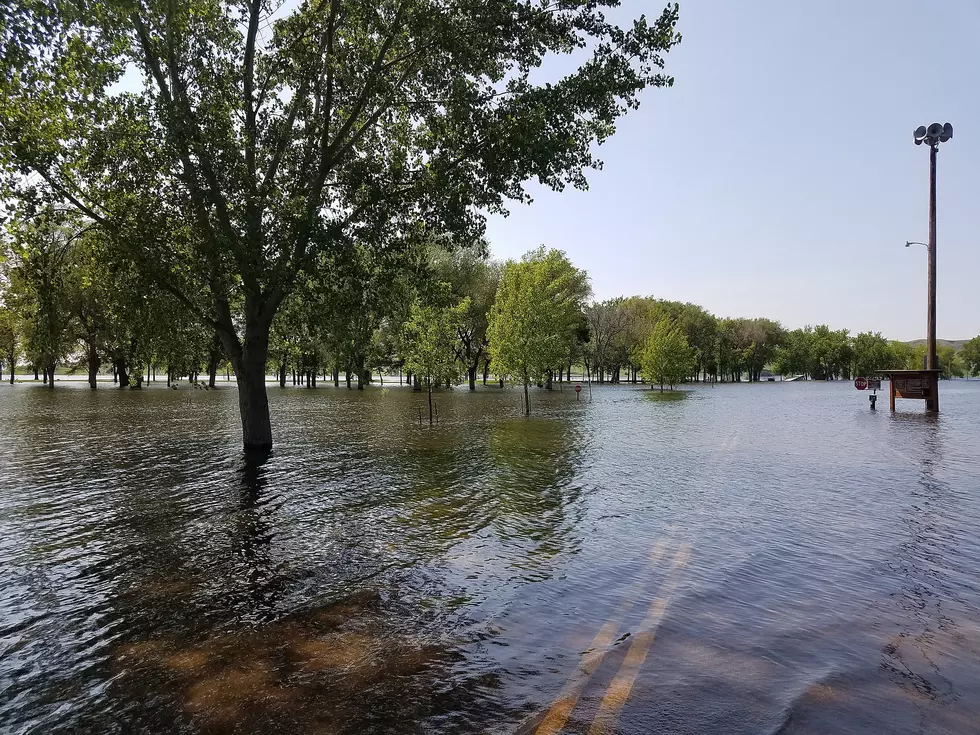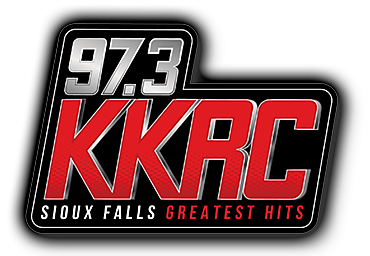
After the Storm Comes the Calm – And The Scammers. Here’s What to watch For
It is beyond appalling to prey on people affected by flooding and tornadoes. As if the on-going insurance process, gathering your belongings that are strewn about the lawn, flooded basements, and trying to provide for your displaced family isn't enough, there's another worry that victims have to deal with: storm chasers.
These are the individual who show up from out of nowhere to offer help with repairs, insurance policies, clean up, restoration, who have no other intention than to take your money and run.
Better Business Bureau, serving Nebraska, South Dakota, and Iowa, is warning both businesses and residents affected by the recent storms to beware of storm chasers/out-of-town contractors (travelers) soliciting business.
“These firms typically set up temporary shops in the area to capture construction work caused by the storm’s damage. Sometimes they canvass the area with flyers or go from door to door offering their services. While some of these contractors may offer a low price and fast repairs, they may not stand behind their work or have the proper licensure.” - BBB President and CEO Jim Hegarty.
Your BBB offers the following tips for storm victims:
- Get the company's complete name, address and phone number. Be skeptical of any vague or hesitant answers, or no offers of contracts, brochures, or anything in writing. Beware of high-pressure sales tactics. A reputable company will be happy to let you check them out first.
- Make sure your contractor has all the appropriate permits for the work they are doing and verify that the company has liability and worker's comp insurance. If a contractor cannot provide proof, beware. If possible, verify that the insurance is active by contacting the contractor’s insurance company directly.
- If it is an out-of-town or out-of-state company, ask how any warranty issues or problems will be addressed after the work is done - and the company is gone.
- Ask for references from previous jobs and check them out before signing the contract.
- Before work starts, have a signed, written contract including start and completion dates, exact costs, specific work to be done, and warranty information. Read any fine print carefully and understand all terms before signing.
- Get at least 3-4 quotes from contractors and insist that payments be made to the company, not an individual.
- If you have damage, check with your homeowners' insurance to have an adjuster sent to determine if and how much they will cover to repair or replace damaged property.
- Be highly suspicious of a contractor that asks you to pay for the entire job upfront. He may take your money and never return.
source: The Better Business Bureau
More From KKRC-FM / 97.3 KKRC









